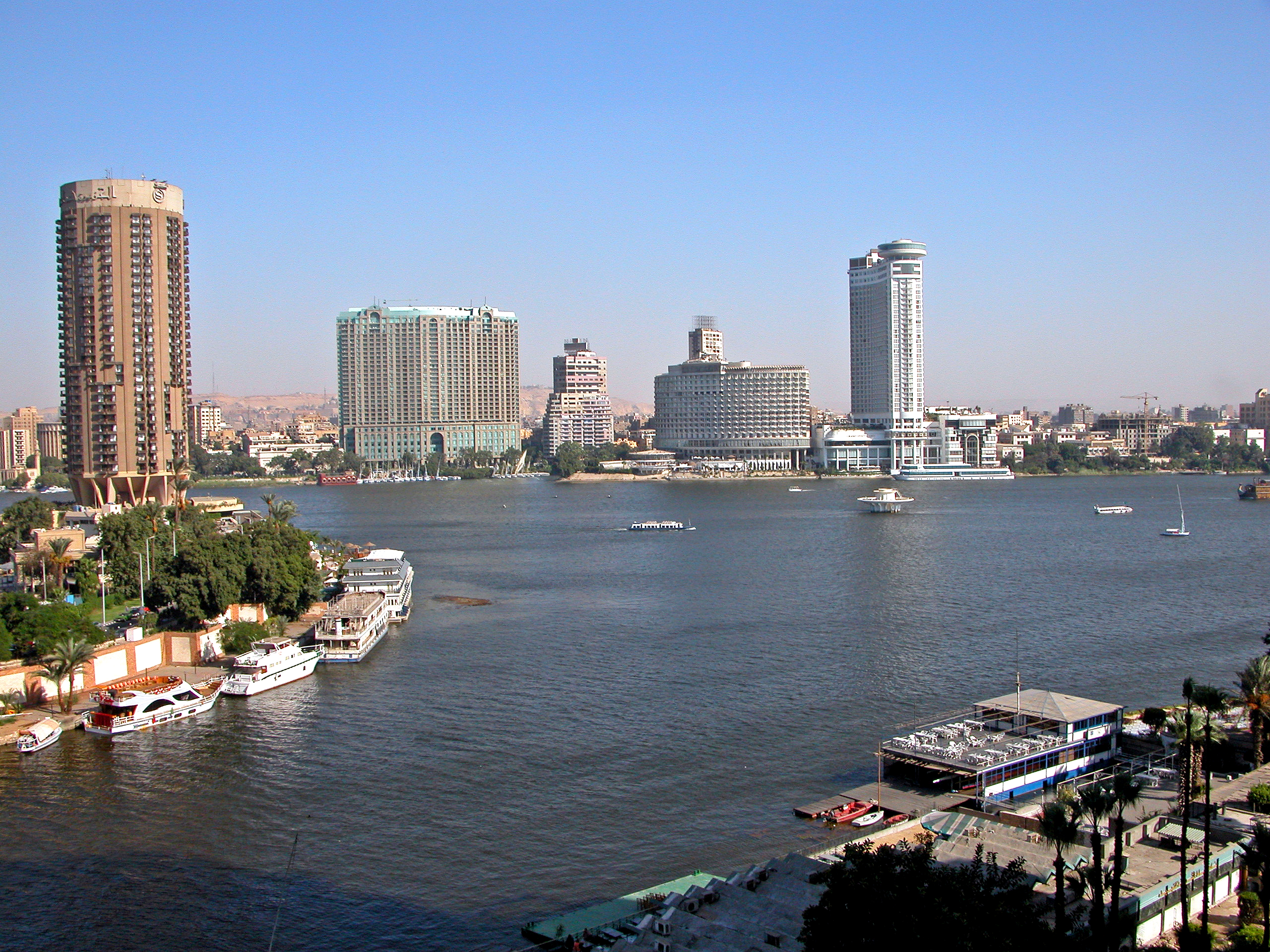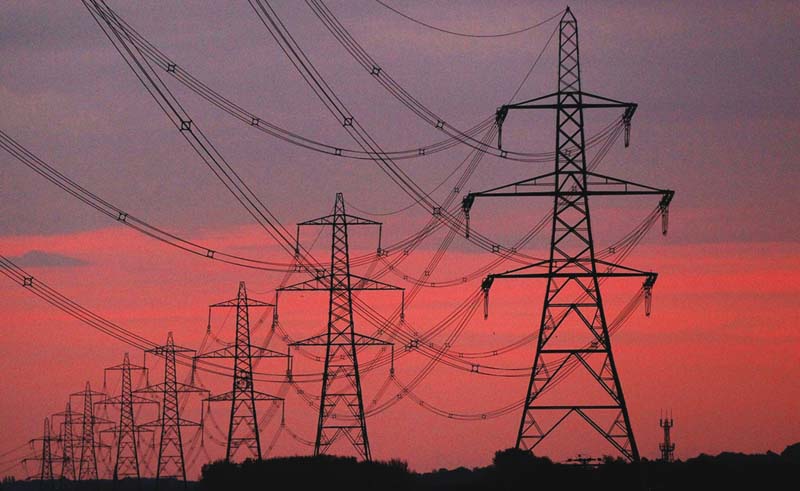A dispute is raging between government officials over how best to implement the planned second stage of energy price increases for low-consumption industries, according to government sources within the Energy Pricing Committee. The committee is charged with regulating industrial energy pricing and includes representatives from the ministries of petroleum, electricity, energy, investment and finance.
According to these sources, which requested anonymity, the Ministry of Industry has proposed that energy prices be raised by only 10 percent for these industries during the second stage of increases.
The ministries of petroleum and electricity, which rejected the Industry Ministry’s proposal, are adamant that the government follow its original plan to raise energy prices for low-consumption industries by at least 50 percent, particularly after the proposed second stage of increases was delayed for two and a half years at the request of the Industry Ministry. The Industry Ministry has argued that the delays were needed to allow Egyptian industry to recover from the ongoing global financial downturn.
According to the same sources, the ministries of petroleum and electricity–along with a number of members of the Energy Pricing Committee–insist that the second stage of price increases of at least 50 percent be implemented incrementally. Those supporting more radical increases consider a 10-percent increase to be practically meaningless and at odds with directives issued by the Supreme Energy Council calling for significant price hikes.
The sources went on to note that the disagreement had forced committee head Amr Asal to delay until next Tuesday a meeting at which a final decision on the matter would be announced.
In an interview with Al-Masry Al-Youm, Asal noted that representatives from the ministries of investment, petroleum, finance, industry and electricity would be present at the scheduled meeting.
“Each ministry will present proposals to the committee about how the second stage of increases should be implemented, and studies exploring the impact of the different options will be reviewed,” said Asal. “At the end of the session, a final decision will be taken, which will then be sent to the ministries of petroleum, electricity and industry for final confirmation.”
The Supreme Energy Council decided in 2008 to increase the price at which natural gas is sold to low energy consumption industries from US$1.25 per million British Thermal Units (BTUs) to US$2.65 per million BTUs over three stages.
The council also decided to increase the price of super-high voltage electricity sold to these industries from 11.9 piasters per kilowatt to 17.8 piasters per kilowatt in three 2-piaster increments. Likewise, the price of high-voltage electricity will be increased from 14.6 piasters to 21.6 piasters per kilowatt in 2.4-piaster increments, while medium-voltage electricity will be increased from 19.7 piasters to 29.5 piasters per kilowatt in 3.3-piaster increments.
Within this context, it is notable that the government increased energy subsidies from LE72 billion for the 2009/2010 financial year to LE79 billion for the 2010/2011 financial year.
Many analysts argue that subsidies represent a principal factor in Egypt’s longstanding budget deficit.
Translated from the Arabic Edition.




